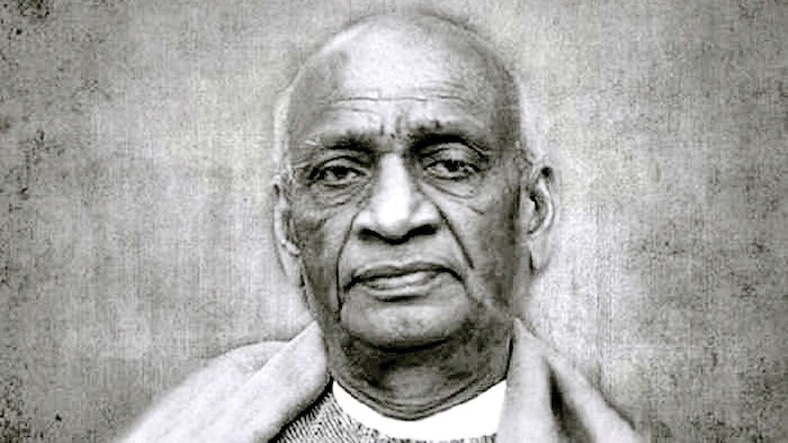Vallabhbhai Patel (1875-1950) was an eminent Indian statesman and one of the key figures in the Indian independence movement. He was born on October 31, 1875, in Nadiad, Gujarat, India. Patel is fondly remembered as the "Iron Man of India" for his resolute leadership and efforts in unifying the country after independence. His contributions to India's nation-building and his unwavering commitment to the ideals of unity, integrity and secularism have earned him great respect and admiration.
Here are some key aspects that contribute to Vallabhbhai Patel being considered a great figure:
-
Unification of India: Patel played a crucial role in the integration of the princely states into the newly independent India. During the partition of India in 1947, numerous princely states had the option to join either India or Pakistan. Patel successfully negotiated with the rulers of these states, using diplomacy, persuasion and sometimes force, to convince them to join India. His determined efforts resulted in the unification of the majority of the princely states, leading to the formation of a united India.
-
Deputy Prime Minister and Home Minister: Patel served as the first Deputy Prime Minister and the first Minister of Home Affairs of independent India. In these roles, he was responsible for overseeing various critical aspects of governance, including the integration of states, law and order and the rehabilitation of refugees. Patel's strong leadership and administrative acumen helped stabilize the nation during a challenging and tumultuous time.
-
Commitment to Unity and Secularism: Patel firmly believed in the unity and secular fabric of India. He advocated for equal rights and opportunities for all citizens, irrespective of their religion, caste, or background. Patel's staunch support for a united India and his efforts to protect the rights of minorities have made him a symbol of national unity and communal harmony.
-
Leadership during Partition: Patel played a significant role during the partition of India in 1947. Despite his personal reservations about the division, he worked alongside other leaders to manage the enormous challenges that arose during the partition. Patel's leadership and tireless efforts to maintain peace and harmony in the midst of widespread violence and displacement were commendable.
-
Statesmanship and Diplomacy: Patel was widely respected for his statesmanship and diplomatic skills. He possessed a deep understanding of political dynamics and was known for his ability to navigate complex situations and negotiate effectively. Patel's pragmatic approach and strategic thinking were instrumental in shaping the early years of independent India.
-
Commitment to Democracy: Patel was a strong advocate for democracy and believed in the power of the people. He played a pivotal role in drafting the Constitution of India and was instrumental in establishing a democratic system of governance in the country. Patel's belief in democratic values and institutions has had a lasting impact on the Indian political landscape.
Vallabhbhai Patel's contributions to India's nation-building, his role in unifying the nation and his steadfast commitment to unity and secularism have earned him a revered place in Indian history. He is remembered as a statesman, leader and visionary who played a critical role in shaping the India we know today. Patel's legacy continues to inspire future generations in their pursuit of a strong, united and inclusive India.










